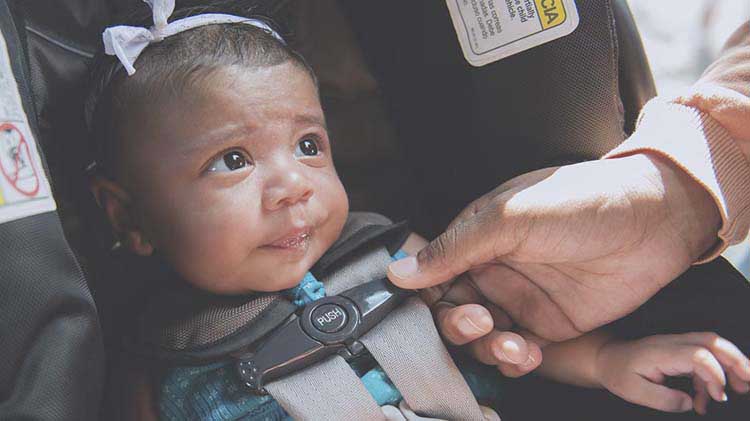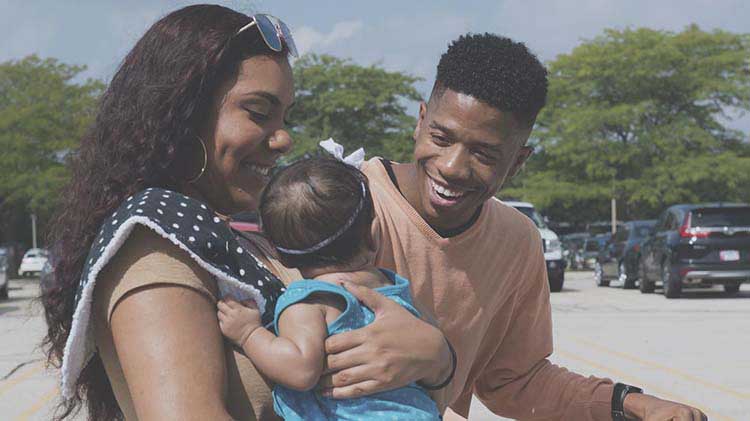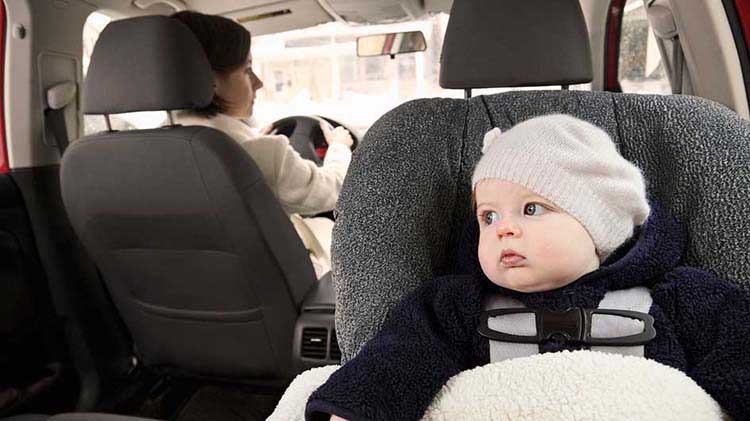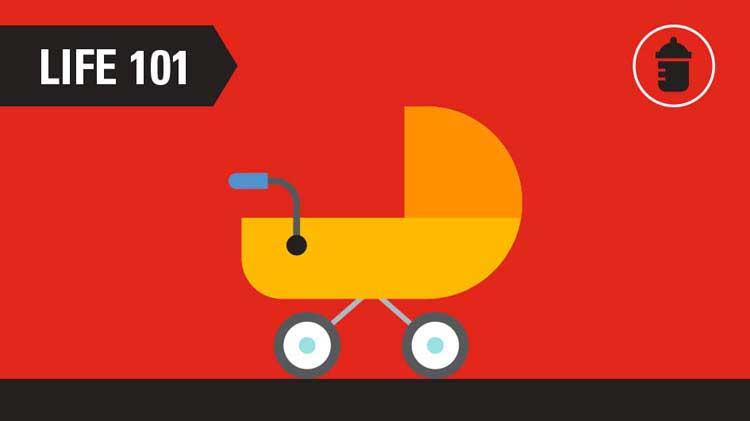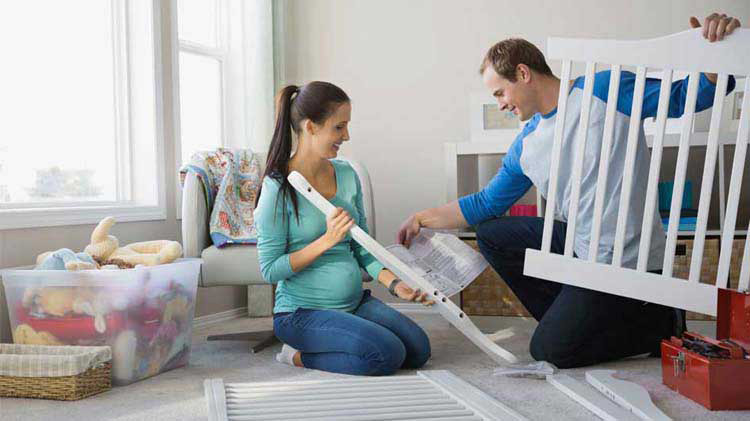Installing car seats properly could help save lives
If you've ever installed a car seat, you know it can be a little frustrating.
Well, as far as frustration levels go, it's probably between standing in line at the DMV and getting a root canal. Here are some tips to help ease the headaches and keep your precious cargo safe and sound!
Did you know: Properly installed and correctly used car seats can decrease the risk of a fatal injury by 71-82% for children. The risk of serious injury for children aged 4-8, when using a booster seat, is reduced by 45%. And for older children the risk is reduced by 50%.
General car seat guidelines
Based on recommendations from the American Academy of Pediatrics, we're including some general guidelines to help you maintain proper safety for your child when riding in a vehicle.
Babies
For the best protection, use a rear-facing child safety seat for your baby until they are 2-years-old, or until they reach the appropriate weight and height limit allowed by the seat manufacturer.
Toddlers
When your child is age 2 or older, or has outgrown the rear-facing child safety seat, use a forward-facing child safety seat with a harness until they reach the highest height and weight allowed by the seat manufacturer.
Children ages 4 to 8
When your child outgrows the limits for a forward-facing child safety seat, use a belt-positioning booster seat until the lap and shoulder belts fit properly. That usually happens between 8 and 12-years-old and the child is at least 4 feet, 9 inches tall.
Older children
When your child is between 8 and 12-years-old and is at least 4 feet, 9 inches tall, they should sit in the back seat, using the lap and shoulder belts.
Installing the car safety seat
So you bought the perfect car seat. Now sit down and read the owner's manual AND your vehicle's manual. And follow each step as if your child's health depends on it, because it does.
A great next step would be getting some expert advice. And fortunately, the non-profit Safe Kids Worldwide has pretty amazing resources. Safe Kids Coalitions host car seat check events and has more than 40,000 certified child passenger safety technicians all over the country. Find one near you and get your installation checked or have them help you install it.
PRO-TIP: Attend an event or find a technician before your bundle of joy arrives so you're ready to go from day one. You'll learn and practice how to correctly use the car seat, including how to adjust the harness for when your baby arrives. And then do it again once your baby arrives to make sure the child is properly fitted.
Going the DIY route. Here are some helpful tips to remember:
- All car seats (and all kids under age 13) should be correctly buckled in the back seat.
- Once you install the seat, you shouldn't be able to move it more than one inch in either direction at the belt path. You can do this by using the seat belt or the LATCH system. Always use the top tether for forward-facing seats. Learn more about top tether car seats.
- The harness straps must be snug and the chest clip should be at armpit level. Don't place heavy coats or blankets under the straps, and make sure the straps are not twisted.
